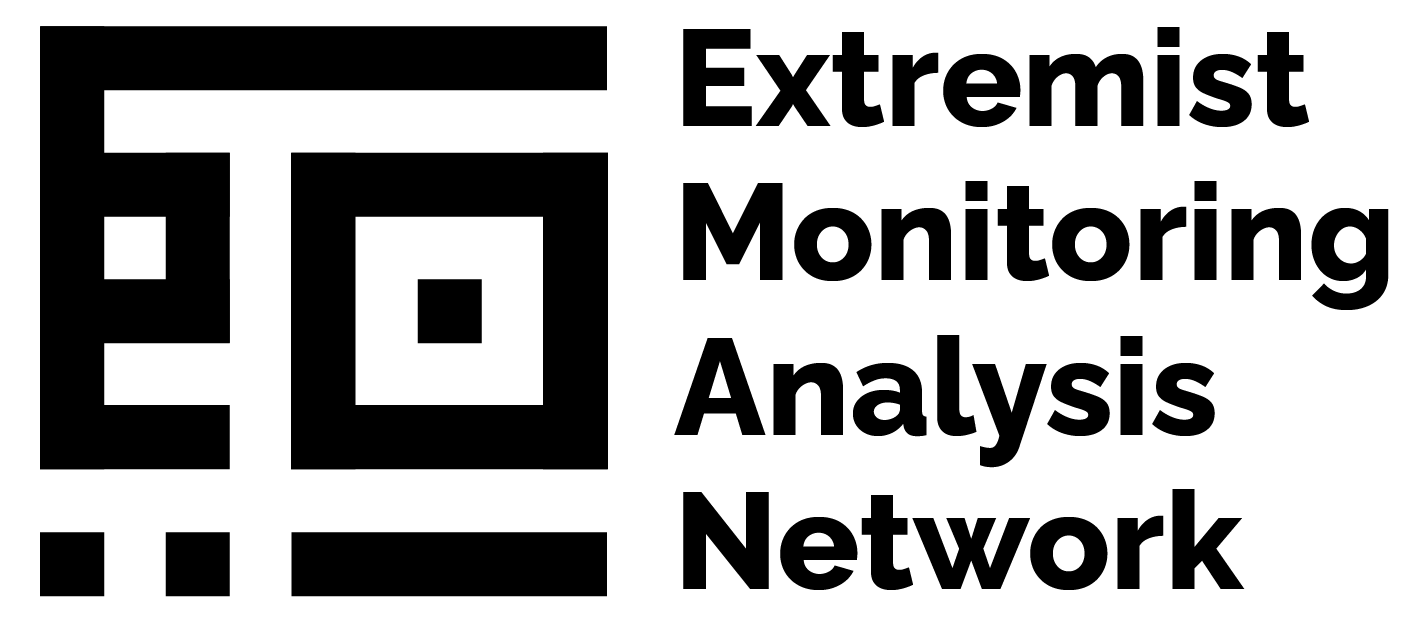Movement of Society for Peace
Other names: Harakat mujtama' as-silm (HMS), Mouvement de la société pour la paix (MSP), حركة مجتمع السلم
Type: Islamist political party
Country: Algeria
Organisation Ideology: Islamist democracy, Pan-Islamist, Muslim Brotherhood
Founded: 1990
Online Resources
Official website: MSP
115K followers
2.8K subscribers
None
1.6K followers
Overview
The Movement for the Society of Peace (formerly known as Hamas) is an Islamist party in Algeria led currently by Abderrazak Makri since May 2013. The party was previously led by Mahfoud Nahnah until his death in 2003, then by Aboudjerra Soltani for 10 years. With strong links to the Muslim Brotherhood organisation, the MSP was initially known as the Movement for the Islamic Society, and Hamas (different to the Palestinian Islamist movement running the Gaza Strip) in Arabic which is still in use until now.
Despite the fact that the Muslim Brotherhood was in Algeria since the 1950s during the French occupation, the organisation was marginalized by the FLN (National Liberation Front) due to the only-party rule implemented following the independence of Algeria in 1962. However, the Muslim Brotherhood remained active unofficially in religious education and associations, and in Mosques. In the early 1990s, a multi-layered party system was introduced in Algeria which allowed the Muslim Brotherhood to create the Movement for the Society of Peace (MSP) under the leadership of Mahfoud Nahnah.
In 1992, when the military cancelled the parliamentary elections which the FIS was on the verge of winning, the Muslim Brotherhood condemned the coup d’etat and called for a peaceful cooperation with the government. On the other hand, they refused to join the violence committed by FIS sympathisers and the Armed Islamic groups (GIA) against the government and its military. This moderate position allowed them to maintain the legal authorisation to operate and run in all the elections that were organised by the authorities. Since 1997, the political party MSP has been supportive of the presidencies of Liamine Zeroual and Abdelaziz Bouteflika and has even participated in their respective governments as part of the parliamentary coalition with the pro-government parties. In 2005, when Bouteflika initiated the national reconciliation project which consisted of providing amnesty for terrorists not accused of mass crimes, bombing attacks or rapes, the MSP argued in favour of this chart which was implemented as a law in February 2006.
In 2012, the party left the presidential alliance and the government and became the first opposition force since the election of Abderrazak Makri at the head of the party in 2013. In addition, the party is strongly opposed to any change within the Algerian Family Code, which is mainly inspired by the Islamic tradition. The party condemns violence and terrorism acts of militant groups such as Al-Qaeda in the Islamic Maghreb and supports the government’s anti-terrorism operations.
During the 2021 Algerian legislative elections, held in June, the MSP won 65 seats in the parliament despite an unprecedented abstention rate. Abderrazak Makri, satisfied with the results, stated that his party is working on a proposal to participate in the next government. He also added “We are moving towards building a national contract that will result in a government of national unity.”
Ties to Extremism
In May 2020, when the constitutional reform project was initiated by President Abdelmajid Tebboun, the MSP made a few suggestions such as “criminalising the use of the French language in institutions and official documents” and also “considering Sharia law as the main source of legislation in Algeria”. In the same statement, the MSP proposes to include the declaration of November 1, 1954 among the articles of the Constitution that cannot be revised.
This statement brought controversy among part of the Algerian population who published on Facebook a photo of his daughter and information according to which the president of the MSP, Abderrazak Makri, enrolled his two children (a boy and a girl) in prestigious universities in Canada where they studied in French, while his party offers Arabic and Sharia to the Algerian population. As a response, Makri published a post on Facebook accusing people who attacked him as “servants”, “morons”, and “low-level servants of colonialism”. He said “Given their intellectual disability, their lack of culture and their moral depravity, they have found no means to counter our political proposal to criminalise the use of a foreign language in institutions and official documents, as many countries, including in Paris their own Qibla (the direction to which Muslims turn when praying), than personal attack by defamation and lies.”
In April 2021, one of their influential executives, El Hachemi Djaaboub, who is also the Minister of Labour and Social Affairs, sparked controversy by qualifying France as a “traditional and external enemy”, only two months before the legislative elections when answering a question in the Council of the Nation. These statements against France may encourage lone-wolf extremists in Europe, particularly in France, where attacks by lone-wolf actors radicalised by Islamist thought having increased in the past year.




